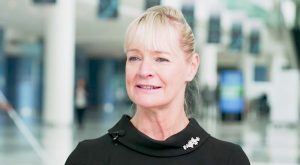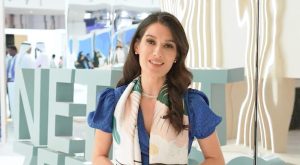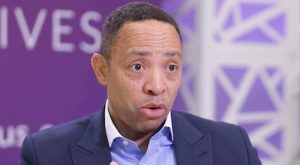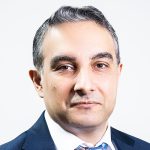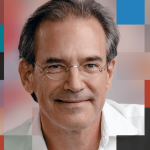CNN’s Marketplace Middle East explores sustainability in the GCC
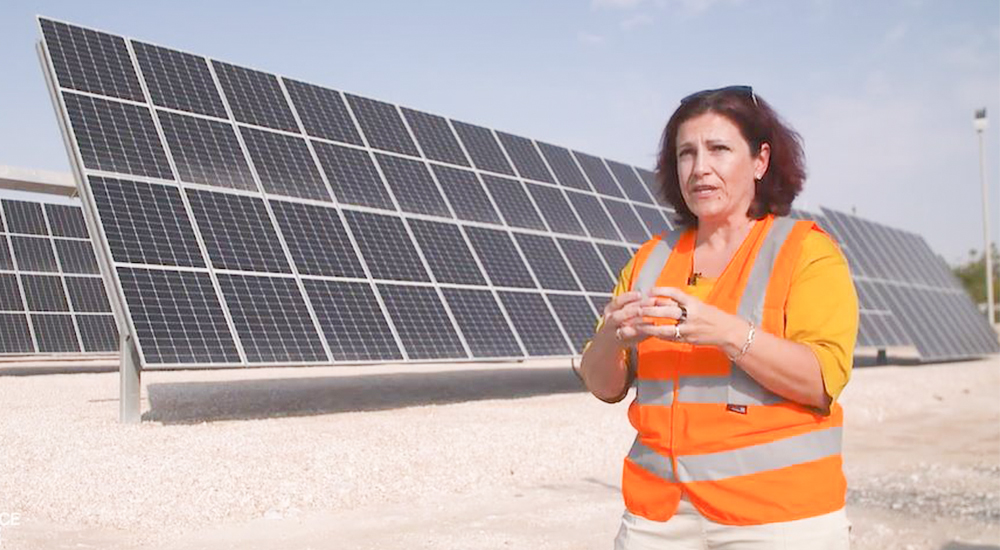
In a new episode of Marketplace Middle East, CNN’s Eleni Giokos highlights how countries across the region are working towards a more sustainable future.
At Abu Dhabi Sustainability Week, Giokos speaks to Angela Wilkinson, Secretary General of the World Energy Council. Wilkinson discusses how countries can diversify their energy portfolios, “Today’s energy system is going to be three times the size by 2050 in order to meet the growing demand across the world. We’re going to have to use low-carbon solutions for oil and gas […] And we’re going to have to develop new technologies.”
Wilkinson says that countries will need to find a balance between energy needs and production, “You need to balance energy security, affordability, and sustainability. And you need to use all levers available. And if you really want resilience, you’ve got to think about the intermittency of renewables as well.”
Saudi Arabia is planning to build smart, sustainable cities from the ground up. NEOM is a megaproject slated to be completed in 2030. Joseph Bradley, CEO of NEOM’s technology branch, Tonomus, speaks about the project, “We want this to be sustainable, which means that we are building a vibrant economy, a great industry from education, healthcare, financial services, technology.”
Tonomus is set to deploy the latest innovations to run the city’s homes and industries. Bradley speaks about one such invention that could save energy, “Blockchain is highly, highly energy taxing in a process called mining. So we’ve basically developed mining-less blockchain which means that we are allowed to reduce it by 99%.”
Looking to the future, Bradley hopes that cities around the world will learn from NEOM, “NEOM is in Saudi, but it’s for the world. So we see this as being a launchpad, and we hope that all the cities around the world can take and learn from different aspects of NEOM. Take the pieces that apply to you and your city and what you’re trying to recreate, and leverage and replicate those.”
The programme also sees how a research project in Qatar could help the region expand its solar power sector. Solar panels are tested for their efficiency and durability, with the hopes that manufacturers will consider the harsh conditions when it comes to their research and development.
Senior Research Director at the Qatar Environment and Energy Research Institute, Veronica Bermudez, explains why the country is ideal for testing solar panels, “We have all the conditions, high ultraviolet radiation, high radiation, high temperatures, high sodium, high humidity, all together. So if we are able to provide solutions to the industry that work here at the highest level, they will work everywhere.”
Credit : CNN



